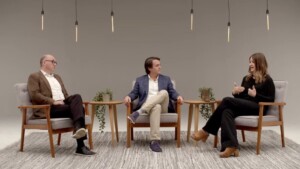
TGC’s Jen Wilkin Twists Scripture To Argue Against Homeschooling Your Children
Jen Wilkin is the Executive Director of The Village Church’s Next Generation Ministries, as well as an author, blogger, and prolific conference speaker. A frequent contributor to TGC, she outwardly claims to be a complementarian, though over the years has made many comments which suggest she’s squishier on the subject than she


